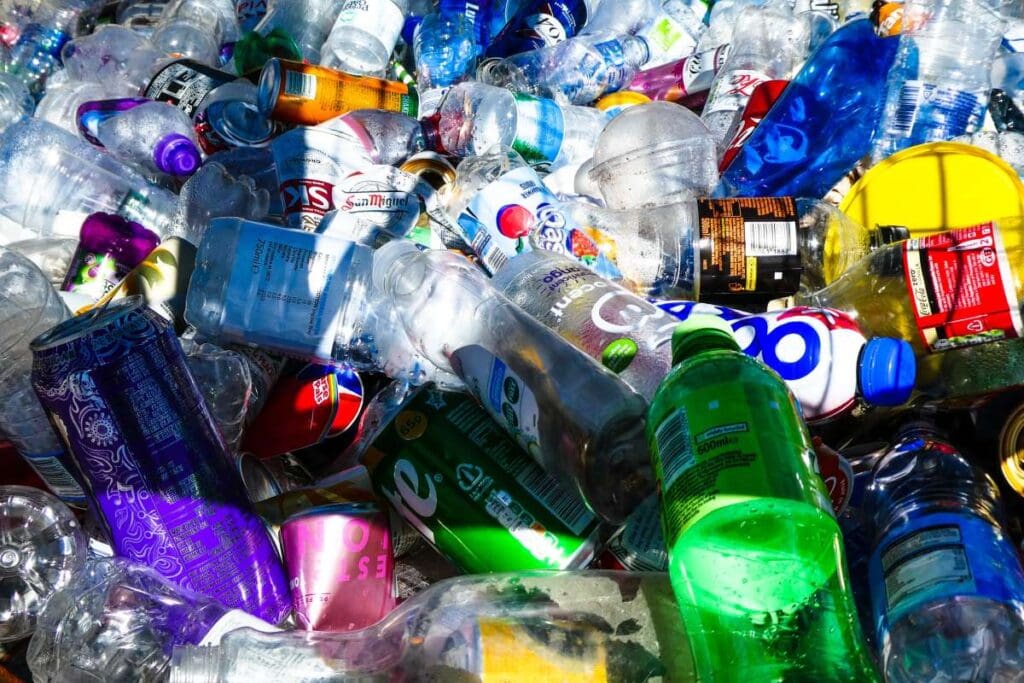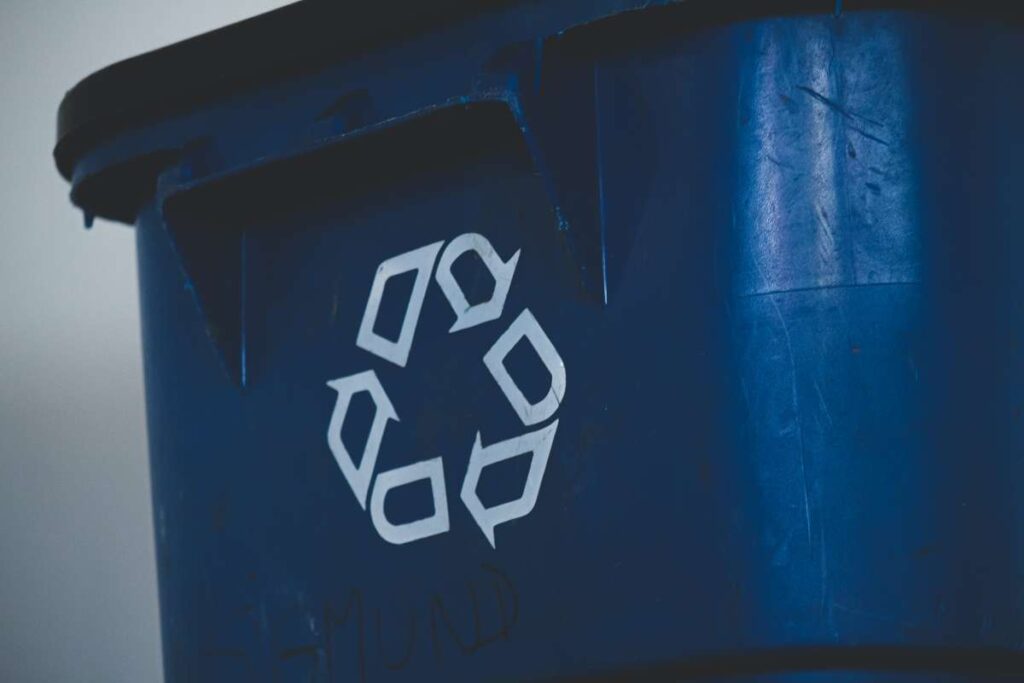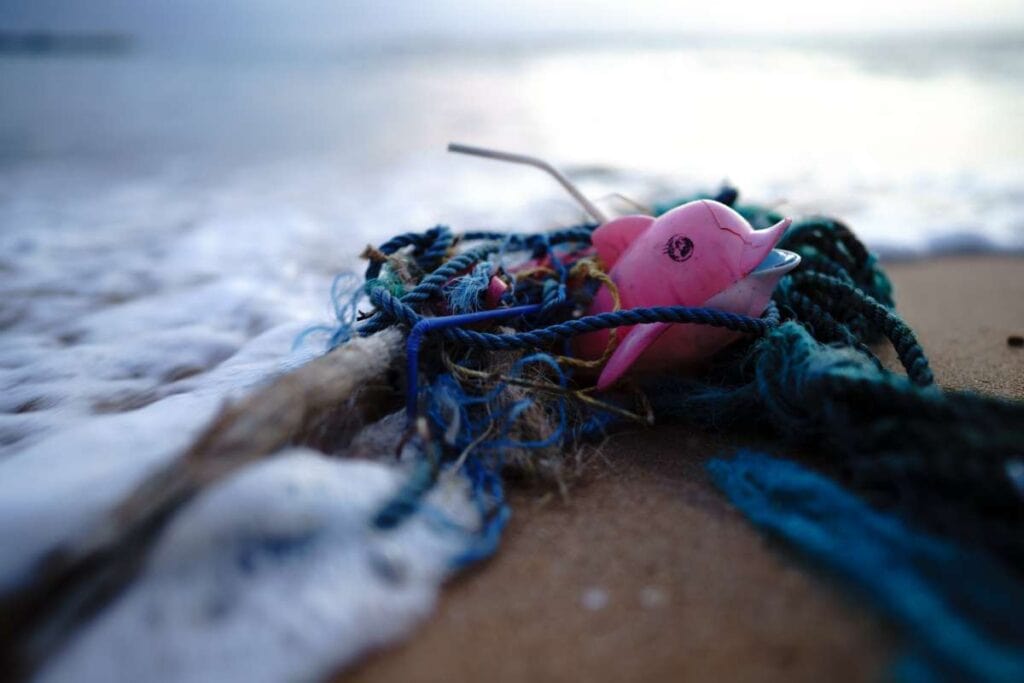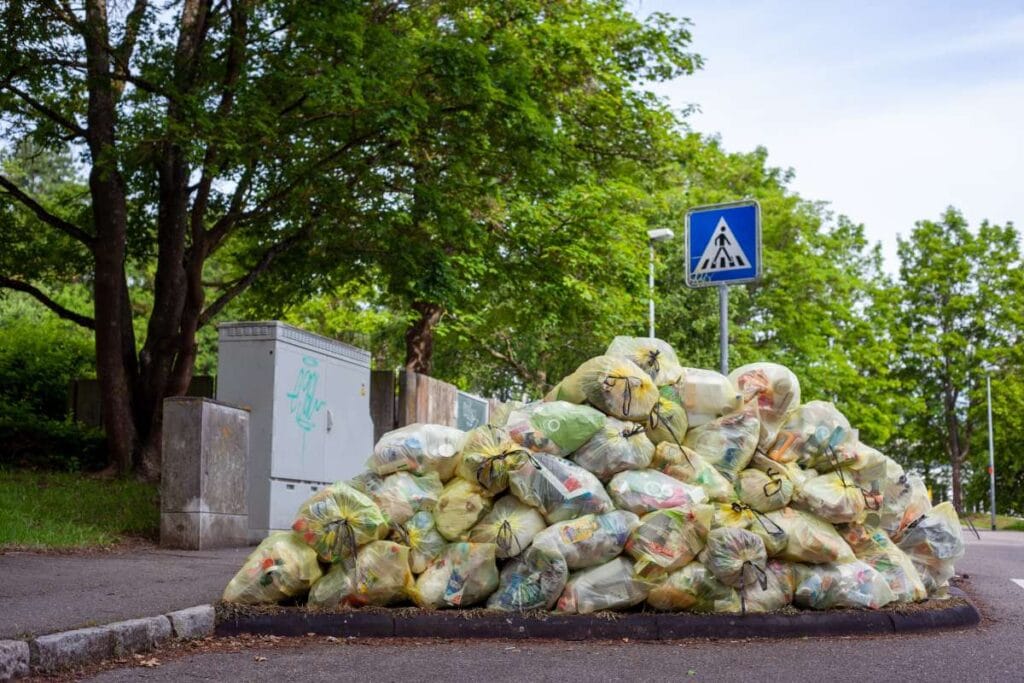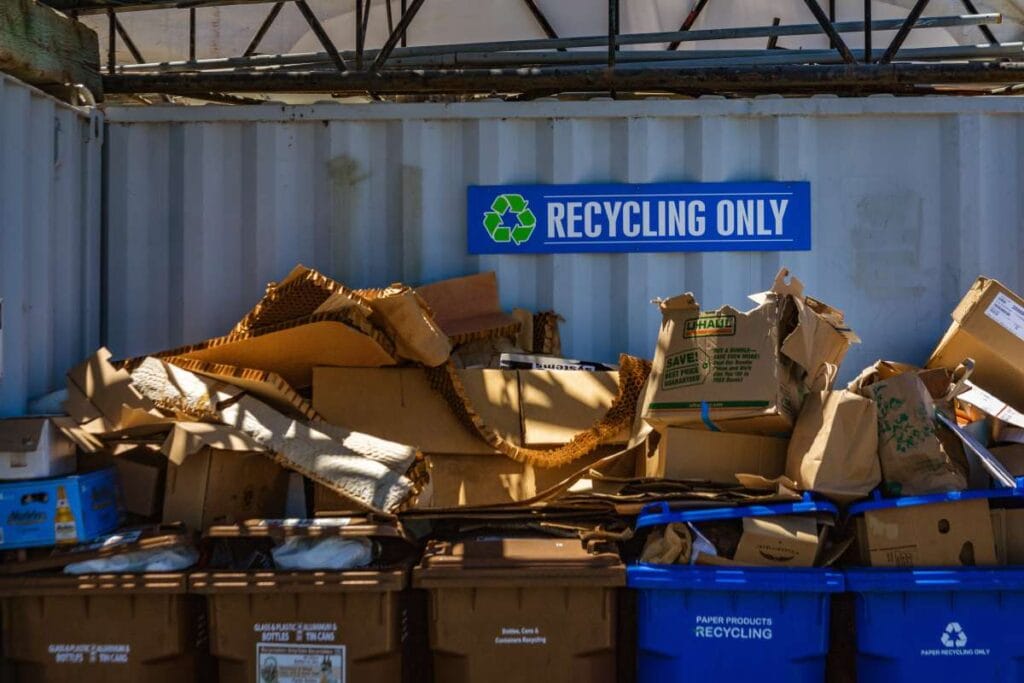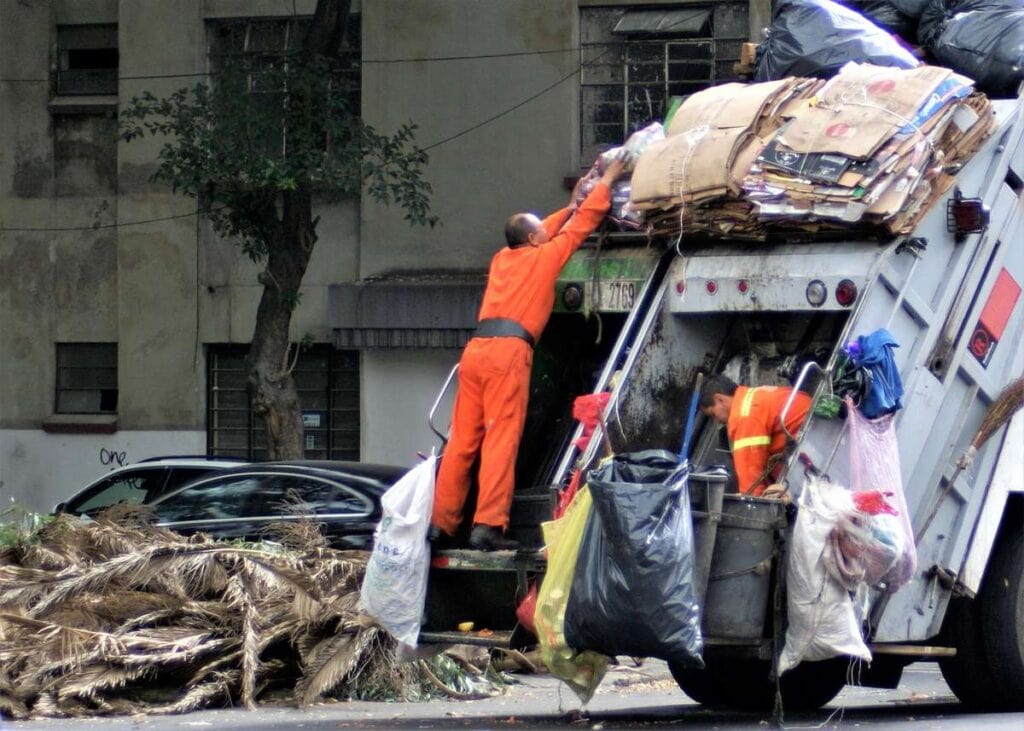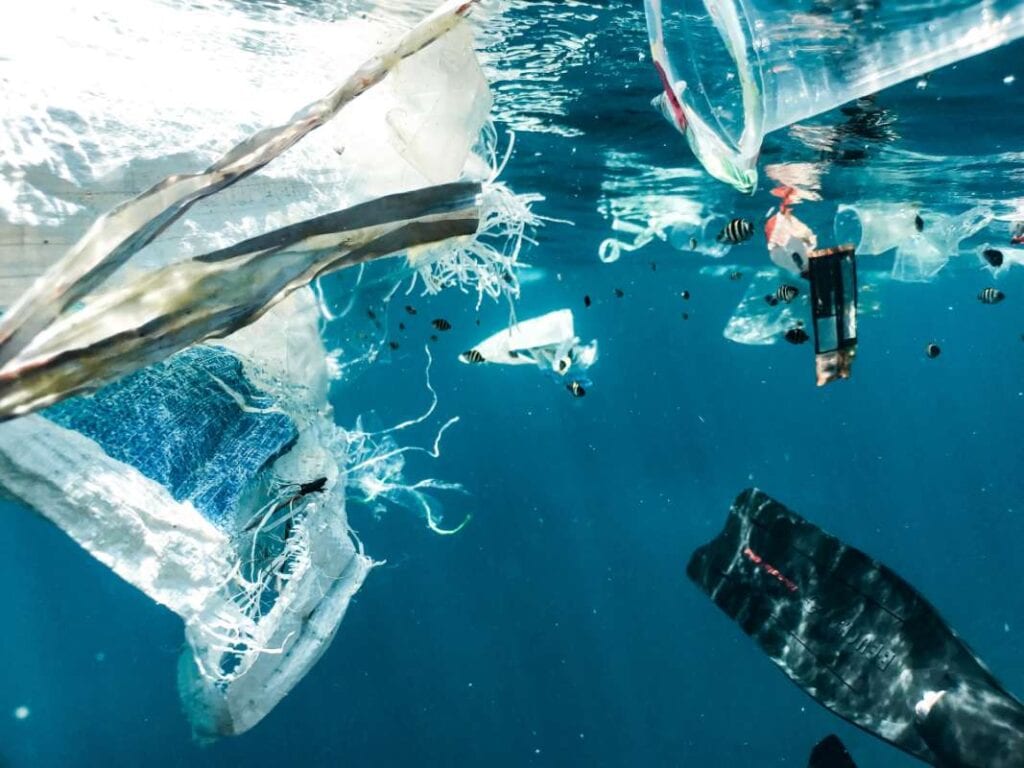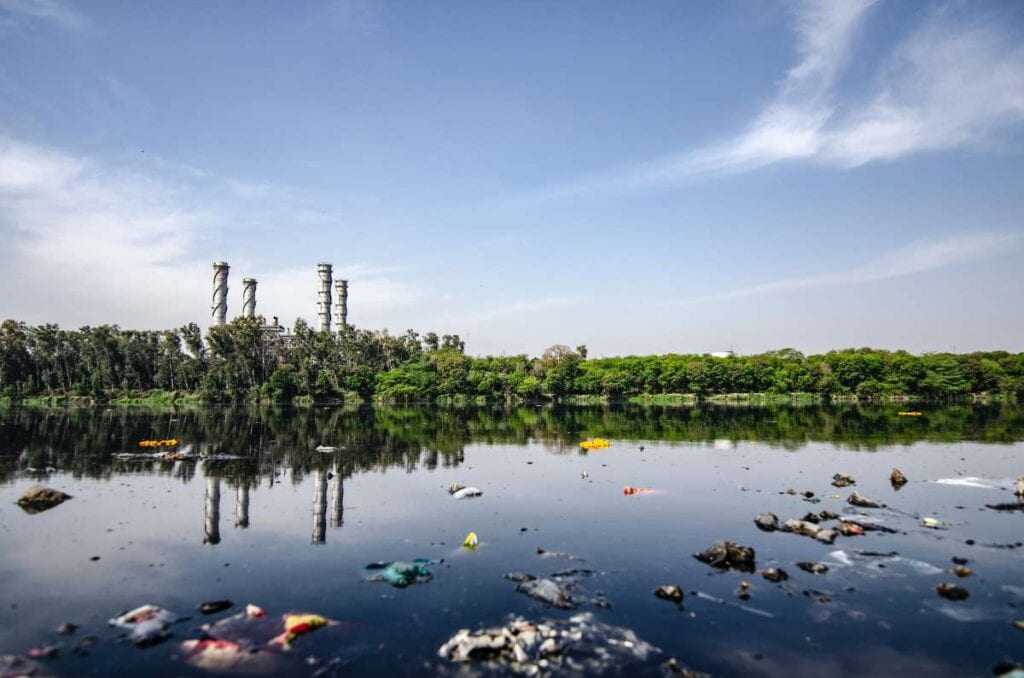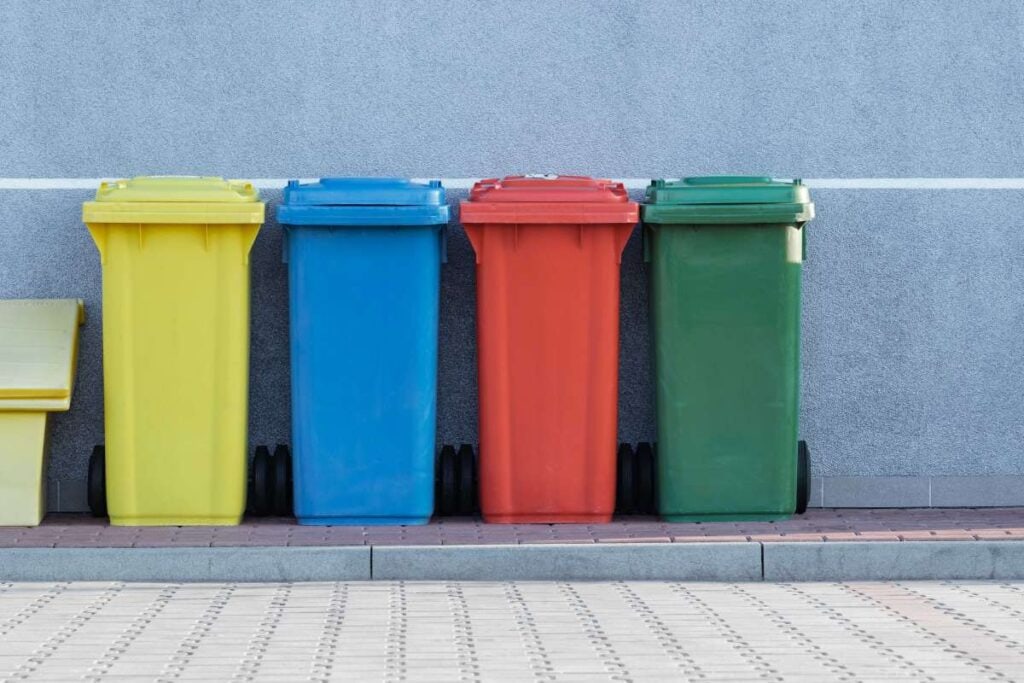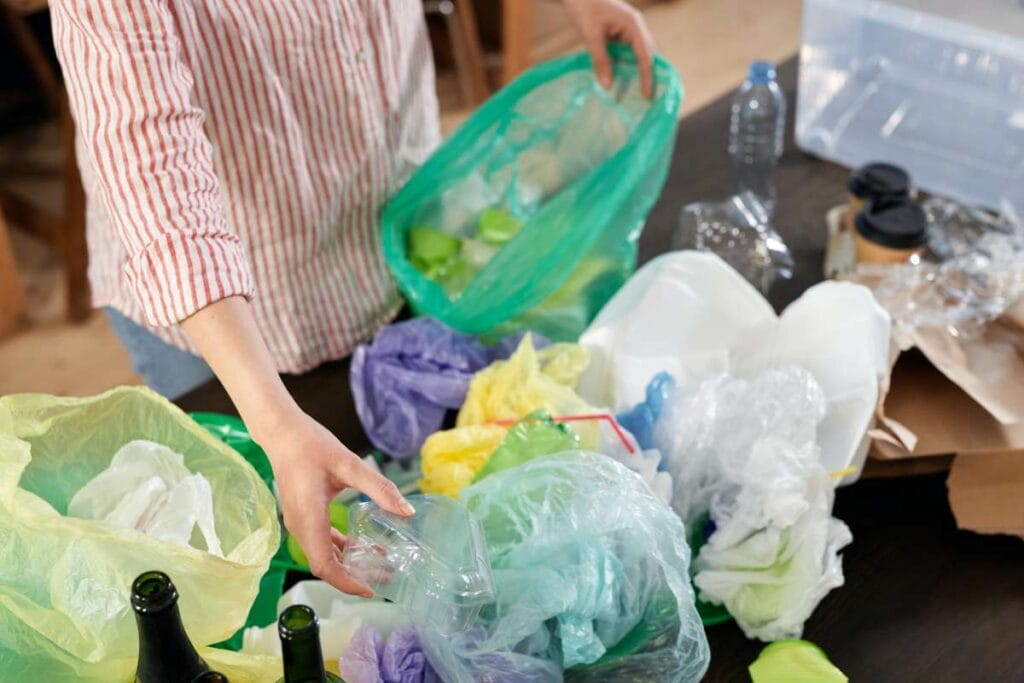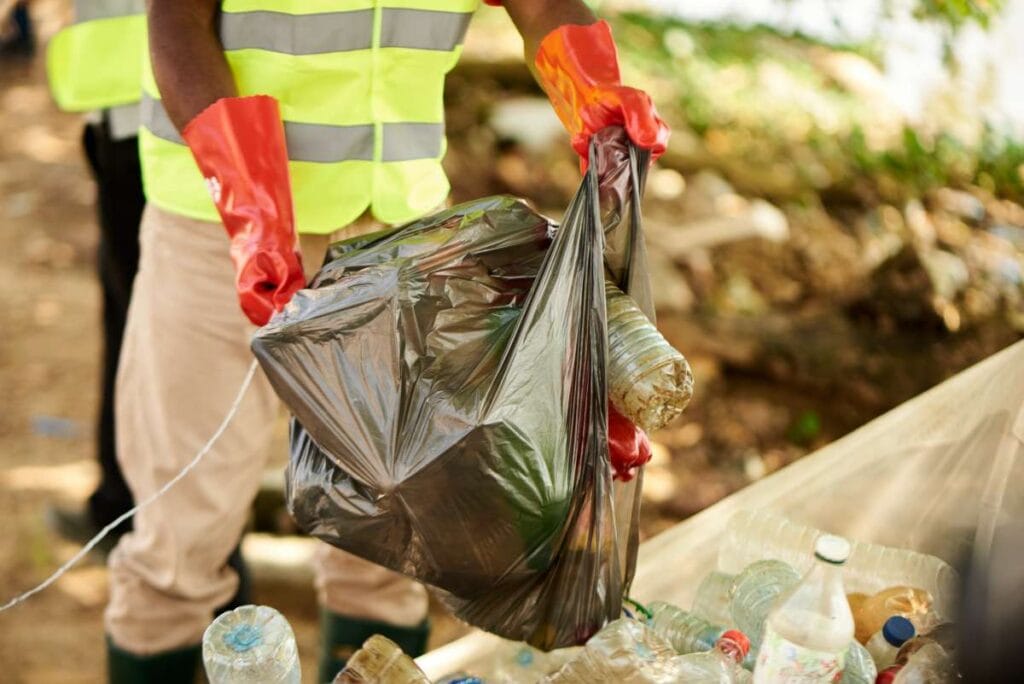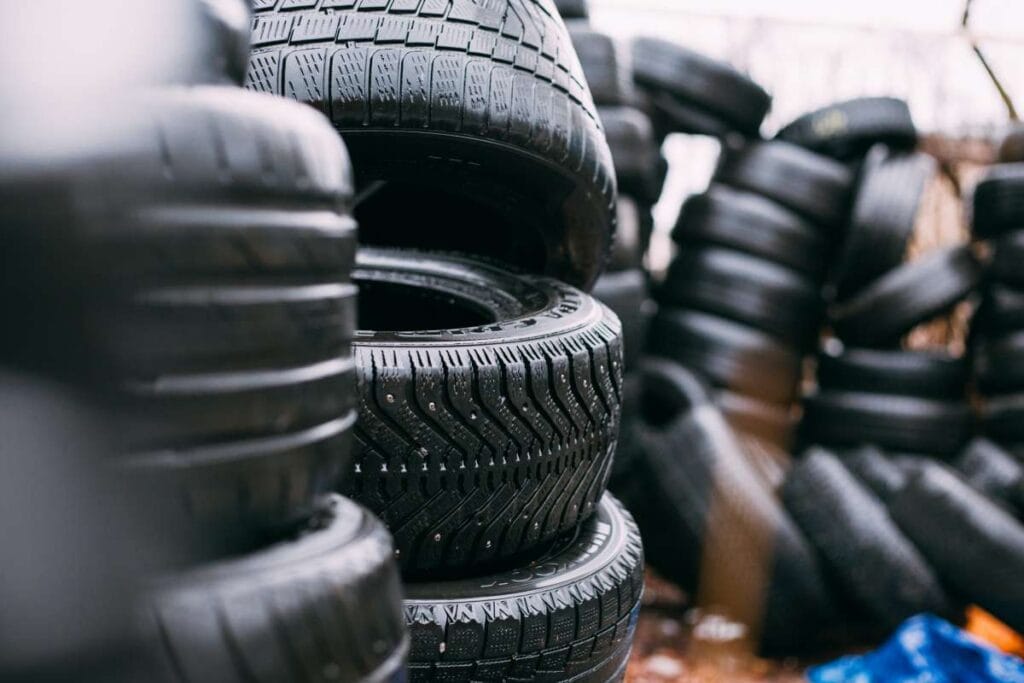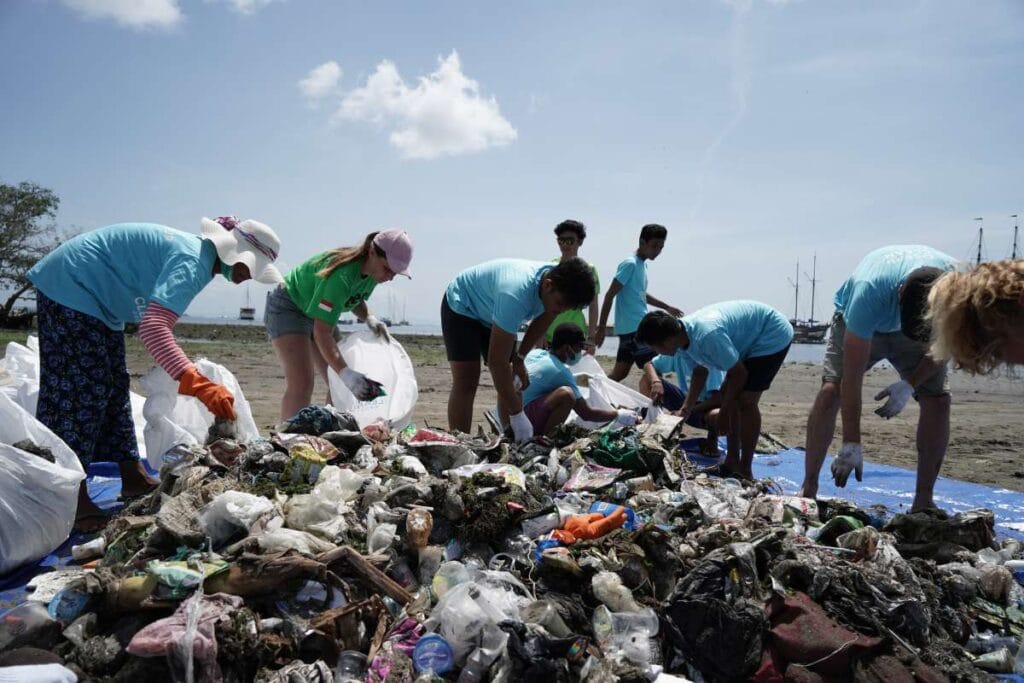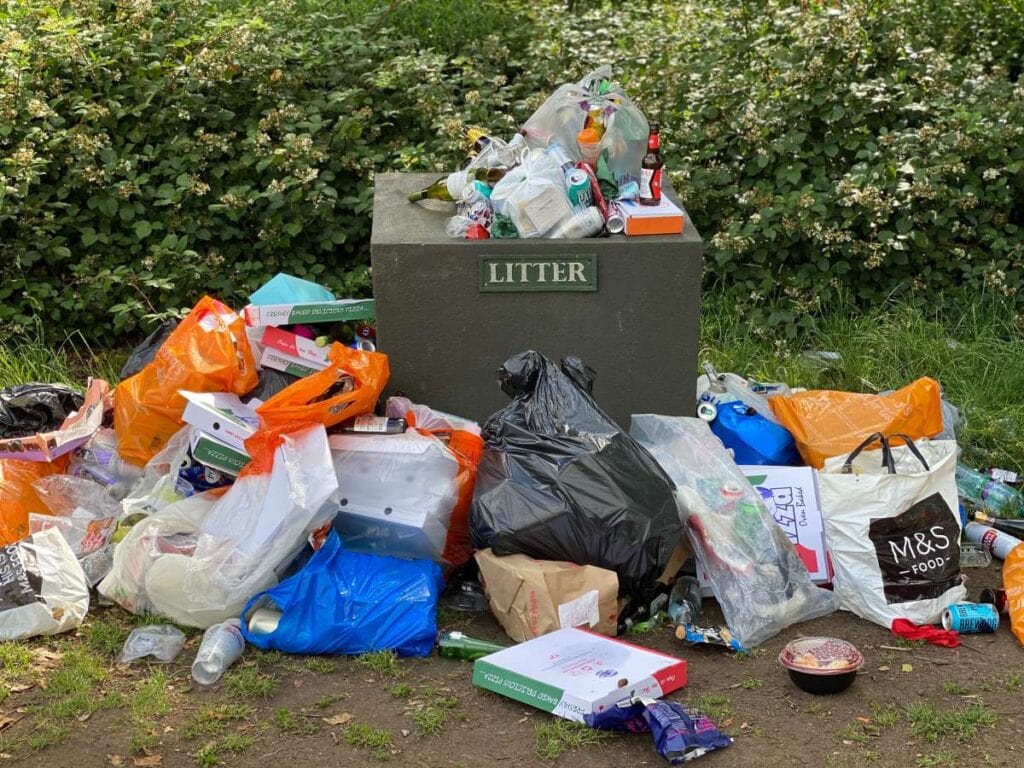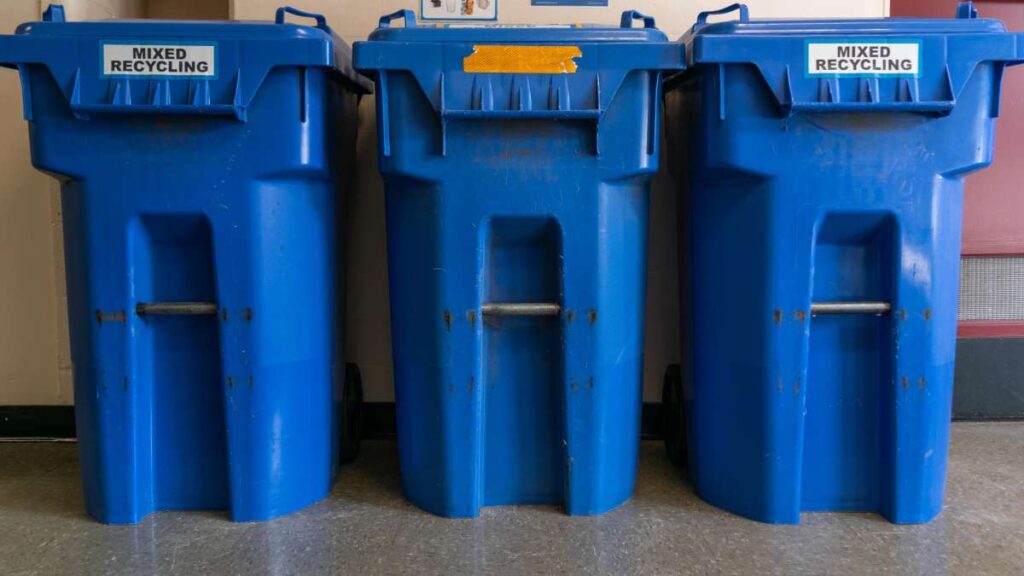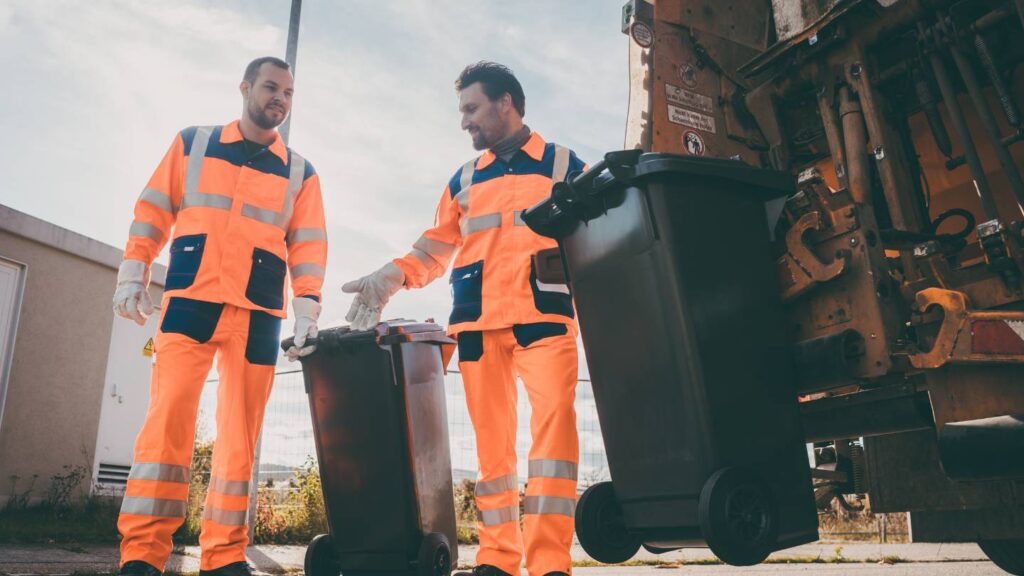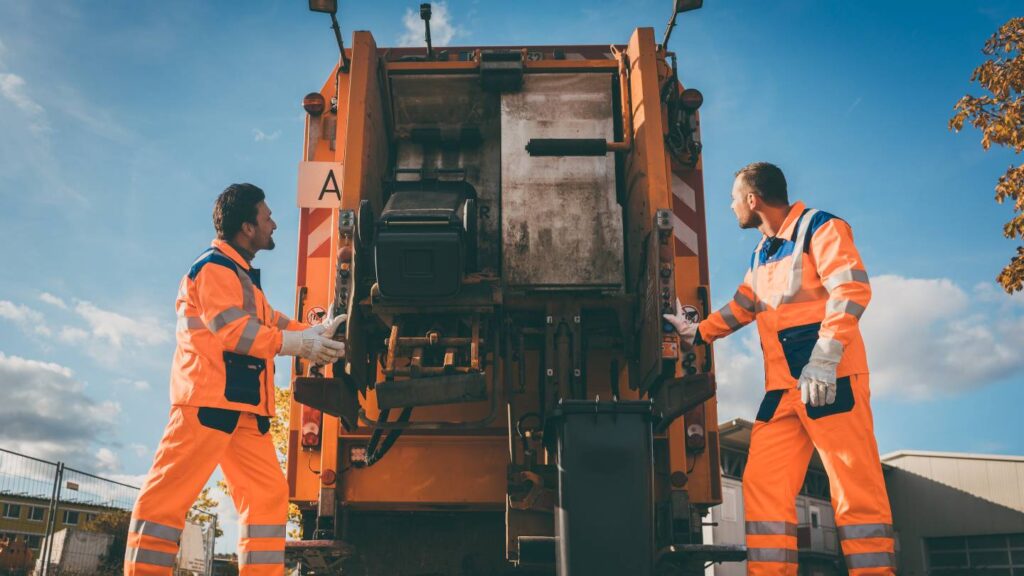At a time when environmental issues are dominating world discourse, both individuals and institutions must work to reduce waste. As important community cornerstones, schools greatly impact the future, both academically and ecologically.
Colleges and universities may make a difference in fighting for a sustainable future by teaming up with waste management experts. This article discusses why schools should collaborate with trash collectors to improve recycling and composting initiatives.
Students Access to Quality Education
Schools should consider forming partnerships with waste management companies because of the valuable educational opportunities they give pupils. Learning about trash streams, recycling methods, and the effects of various materials on the environment is only the beginning of the complexity involved in waste reduction.
Schools can help students better grasp the significance of waste management by working with professionals in the field to incorporate real-world examples into their curricula.
Students can grasp trash reduction strategies by including practical activities, such as waste audits or visits from rubbish collection specialists. This supports schools' stated goals of educating their communities and giving them the tools they need to become resilient, ecologically aware adults who can adapt to a world that is always shifting.
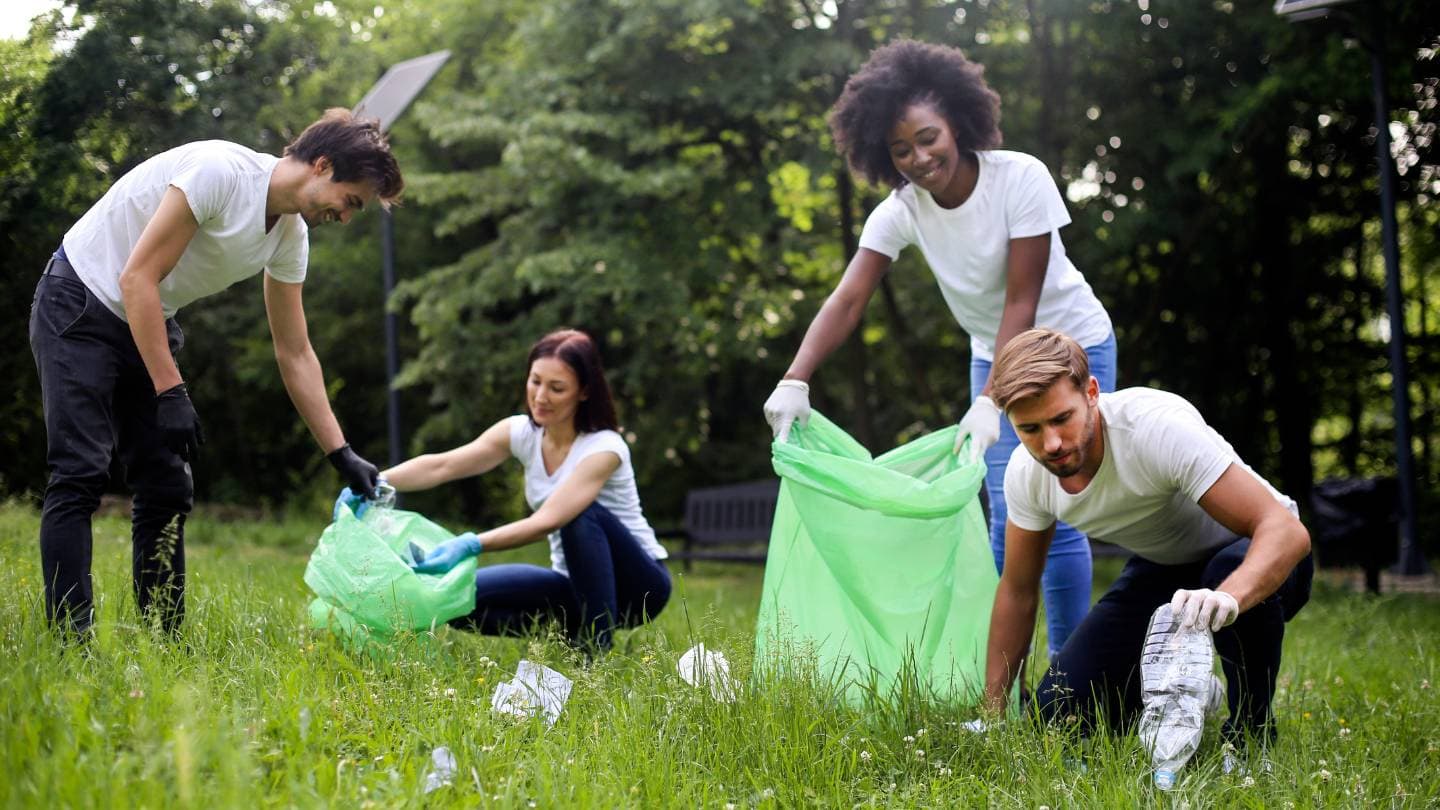
Setting Up Long-Term Routines
Every school is a little society, and the policies and procedures that schools implement impact the neighbourhoods where those schools are located. Schools can develop and execute long-term strategies for trash management by collaborating with waste management companies. Experts in the field may advise on garbage sorting, recycling programs, and the correct disposal of various trash items.
Schools may demonstrate the significance of proper trash management to students and the community through this partnership. In addition to lowering schools' environmental impact, instituting sustainable practices encourages a sense of personal responsibility and accountability among faculty, staff, and students.
Minimising Harm to the Environment
Schools produce a substantial amount of trash daily, just like any other kind of institution. The amount of trash that schools produce, whether it's paper, plastic, or old electronics, can have a major effect on the environment. By utilising their knowledge of waste management, junk hauliers can assist schools in recycling more and disposing of trash more efficiently, thereby reducing their environmental effects.
School districts can reduce the amount of trash that ends up in landfills by forming partnerships with companies that deal with waste management. Overall, the environment benefits from decreasing landfill garbage since it helps reduce pollution and saves precious natural resources.
Efficient and Affordable Solutions
Even though it goes against common sense, schools can save money by teaming up with junk hauliers. Streamlining waste management operations, optimising resource use, and decreasing wasteful expenses are all within the expertise of these individuals.
Schools can potentially cut rubbish removal expenses by reducing the volume of waste that needs disposal through efficient waste segregation and recycling activities. In the long run, you can save even more money by taking advantage of recycling programs offered by some trash removal firms that provide full waste management solutions.
Raising Awareness and Engaging the Community
Working with waste management experts has multiple benefits for the school and the community. Disseminating knowledge about waste reduction and environmental conservation is a great idea, and schools are the perfect places to do it because they are centres of social contact and community involvement.
By working with local schools to host outreach programs, seminars, or workshops, junk hauliers can get the community involved. By doing so, we can get the word out about the value of responsible waste management and provide people with the tools they need to start recycling and composting at home and in the office.
Ensuring Compliance with Regulations
Tight rules on trash collection and disposal exist in many areas. Institutions of higher learning risk fines and legal trouble if they do not follow these rules. Experts in trash disposal are familiar with these rules and can guide schools through the maze of waste management compliance requirements.
Schools may ensure they follow all applicable rules and regulations by teaming up with waste management experts. This shows that the institution is dedicated to being a good citizen and taking care of the environment, and it also protects them against legal action.
Promoting an Eco-Friendly Environment
In addition to being sites of instruction, schools have significantly impacted students' perceptions and worldviews. Schools can play an important role in encouraging a greener lifestyle and a greater sense of community responsibility by forming partnerships with waste management companies.
Schools can create a lifelong environmental conscience through teaching programs, sustainable practices, and community involvement. A more responsible and environmentally conscious society is born out of this cultural change toward sustainability, which has far-reaching advantages for the local community and society.
What Happens if the School Doesn't Hire Waste Reduction Professionals?
While there may not be insurmountable barriers to waste reduction at schools that do not employ garbage collectors, many negative aspects could impact the environment, the school community, and students' overall educational experience. The following issues may develop in schools where there are no dedicated waste reduction specialists:
Limited Expertise
Inefficient Waste Management: Without rubbish removal professionals, schools may lack the expertise needed to implement efficient waste management practices. This can lead to suboptimal waste disposal methods, including improper sorting, inadequate recycling, and increased reliance on landfill disposal.
Environmental Impact
Increased Landfill Waste: Lack of professional guidance may result in higher volumes of waste being sent to landfills. This contributes to environmental degradation, as landfills produce greenhouse gasses, contaminate soil and water, and pose risks to public health.
Missed Recycling Opportunities: We may miss opportunities to divert recyclable materials from taking advantage of landfills without professionals to guide recycling initiatives. This harms the environment and wastes valuable resources that could be recycled and reused.
Limited Educational Opportunities
Missed Learning Opportunities: The absence of rubbish removal professionals means fewer opportunities for students to engage in hands-on learning experiences related to waste reduction. A lack of real-world examples and practical demonstrations can limit the effectiveness of environmental education.
Underdeveloped Environmental Curriculum: Schools may need the guidance of a professional to incorporate waste reduction and environmental sustainability into their curriculum. This may result in a less comprehensive and impactful educational experience for students.
Ineffective Waste Segregation
Improper Waste Segregation: Without professionals to guide the establishment of proper waste segregation practices, schools may face challenges in implementing effective separation of recyclables, organic waste, and general waste. This can lead to contamination and hinder recycling efforts.
Increased Operating Costs
Higher Rubbish Removal Costs: Schools may incur higher rubbish removal costs without professionals optimising waste management practices. Inefficient waste disposal and lack of recycling can lead to increased volumes of waste, contributing to higher collection and disposal expenses.
Missed Cost-Saving Opportunities: Rubbish removal professionals often help identify cost-saving opportunities through efficient waste reduction strategies. With their input, schools may benefit from potential savings related to recycling and waste reduction programs.
Limited Community Engagement
Reduced Community Outreach: Professionals often facilitate community engagement initiatives related to waste reduction. Schools may need help to connect with the local community in their absence, limiting opportunities for shared responsibility and awareness campaigns.
Limited Collaboration with Local Businesses: Rubbish removal professionals often connect with local businesses for recycling partnerships. These professionals are necessary for schools to experience collaborative opportunities that could benefit educational institutions and local businesses.
Compliance Issues
Regulatory Non-Compliance: The absence of professionals may result in schools unknowingly violating waste management regulations. This can lead to legal and regulatory issues, including fines and penalties for non-compliance.
Risk of Environmental Harm: Improper waste disposal practices, stemming from a lack of professional guidance, may pose environmental risks and contribute to pollution. This can harm local ecosystems and compromise the health of the school community and surrounding areas' health.
Limited Long-Term Sustainability
Lack of Sustainable Practices: The absence of rubbish removal professionals may result in schools adopting short-term or ad-hoc waste reduction measures instead of establishing sustainable, long-term practices. This hinders the institution's ability to contribute consistently to environmental conservation.
Missed Opportunities for Innovation: Professionals often bring innovative solutions to waste reduction. With their involvement, schools may take advantage of opportunities to adopt new technologies and practices that enhance sustainability.
How Do School Waste Removal Professionals Work?
Implementing efficient measures that encourage responsible trash management is a crucial component of the role of professional rubbish removal services in reducing school waste. Their role is to assist schools in reducing their environmental effect by teaching, working together, and providing practical solutions. Here are some important ways that waste removal experts help schools reduce waste:
Examining and Evaluating Waste:
First Evaluation: To understand the amount and content of the school's waste, experts do thorough waste audits. This evaluation is useful for pinpointing problem areas and developing waste-reduction plans unique to the school.
Plans for the Management of Waste:
Personalised Approach: Trash hauliers create unique waste management programs for schools based on the findings of trash audits. These plans address the many forms of waste often produced by educational institutions and include strategies for reducing, recycling, and responsibly disposing of this garbage.
Programs for Education:
Collaborating with school personnel, junk hauliers organise workshops and training sessions for teachers and students. These educational programs aim to reduce waste, properly sort trash, and understand the effects of different materials on the environment.
Integration into the Curriculum: Experts collaborate with teachers to include lessons on sustainability and trash reduction in the school year. Making lesson plans, planning field visits to recycling centres, and bringing real-world examples are all possible steps in this direction.
Programs for the Separation of Waste:
Professional junk hauliers can help schools put up effective garbage segregation systems. Sorting trash cans by substance (e.g., paper, plastic, and organic waste) and offering instructions on where to put recycling and general trash cans are also part of this.
Compliance and Monitoring: Experts assist schools in implementing mechanisms to track the regular practice of trash segregation. The efficacy of proper trash disposal and recycling programs must be monitored regularly.
Waste Reduction Programs:
Professionals in garbage collection work with local schools to establish recycling programs that students may participate in while on campus. Recyclables may be collected and processed on school grounds, which would help create a circular economy and decrease trash going to landfills.
Experts form partnerships with nearby recycling facilities to guarantee a streamlined and efficient process for recycling collected items. The correct sorting and processing of recyclables are guaranteed by this partnership, allowing recycling to have its environmental advantages to their fullest potential.
Programs for Composting:
Garbage collection experts oversee the launch of composting initiatives for organic waste from school gardens and cafeterias. The result is nutrient-rich compost that can be used in school gardens or landscaping projects while also contributing to reducing organic waste sent to landfills.
An educational component is a common feature of composting programs. Through this component, students learn about composting, the value of organic waste diversion, and the positive effects of compost on soil health.
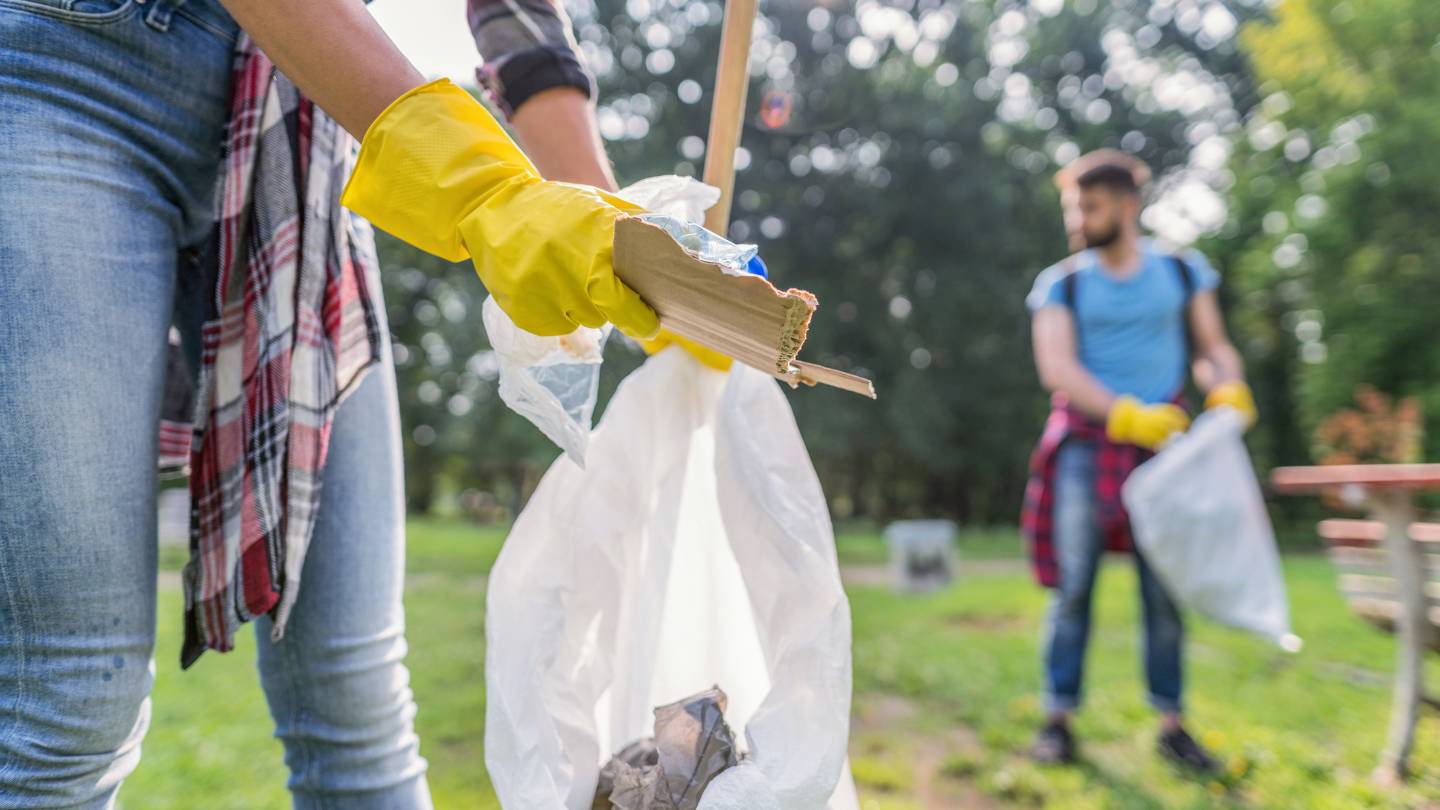
Consistently checking in and assessing:
Professionals in garbage removal evaluate the efficacy of the school's programs to cut down on trash regularly. Assessing the efficacy of programs, finding room for development, and fine-tuning approaches to achieve the best possible outcomes is what this entails.
Data Analysis: Experts examine statistics on garbage production, recycling rates, and the general decline in trash production. By using this data-driven approach, schools may monitor their effects on the environment and gain valuable insights for continuous development.
Involvement with the Society:
Community Awareness Initiatives: Junk hauliers can provide a hand to schools looking to launch community awareness initiatives. These initiatives aim to raise awareness about the need for responsible consumption, foster community involvement and teach locals about sustainable waste management procedures.
Professionals and schools should work together to plan community events that promote environmental conservation, such as clean-ups or recycling drives. This will help students understand that they are all part of the solution.
Conclusion
Collaboration between schools and waste management experts can enhance composting and recycling programs. Students benefit greatly from this cooperation since it allows them to include real-world examples into their coursework. By instituting consistent garbage collection and disposal procedures, schools can teach their students and the community the value of responsible waste management.
Every day, schools generate a substantial amount of waste that can significantly harm the environment. Junk haulers can help schools improve their recycling and trash disposal practices by applying their expertise in waste management. Less waste in landfills means less pollution and more time and energy saved.
Experts in school trash collection are vital in the fight against school trash because of the effective steps they take and the solutions they offer. In order to get a handle on the quantity and composition of trash, they undertake comprehensive audits, come up with innovative strategies for waste management, and set up training sessions for educators.
On top of that, they assist in creating efficient garbage segregation systems, incorporate sustainability concepts into the curriculum, and track how well these programs are working. In order to reduce landfill waste and promote a circular economy, they also collaborate with nearby schools to set up recycling programs.
In order to guarantee effective recycling procedures, they establish relationships with local recycling centres. They make sure that programs for organic waste compost, which produces nutrient-rich soil amendments that can be utilized for landscaping or school gardens.
They utilize data analysis to track the programs' impacts on the environment and evaluate their effectiveness on a regular basis. They also provide a hand to educational institutions in launching community awareness campaigns, which educate students and parents on the need for sustainable waste management and responsible consumption.
Content Summary
- Schools can enhance their educational opportunities by partnering with waste management companies.
- Real-world examples of waste reduction strategies can be incorporated into curricula, fostering resilience and ecological awareness among students.
- Collaboration with waste management companies can help develop long-term trash management strategies, demonstrating the importance of proper trash management to students and the community.
- Schools can reduce environmental impact by utilizing waste management knowledge from junk hauliers to assist in recycling and efficient disposal of trash.
- Partnerships with waste management companies can save money by streamlining waste management operations, optimizing resource use, and reducing wasteful expenses.
- Schools can raise awareness about waste reduction and environmental conservation through outreach programs, seminars, or workshops hosted by junk hauliers.
- Experts in waste disposal can guide schools through waste management compliance requirements, demonstrating commitment to environmental responsibility and protecting them from legal action.
- Schools can foster a greener lifestyle and community responsibility by partnering with waste management companies.
- Teachers can create a lifelong environmental conscience through sustainable practices and community involvement.
- Schools without waste reduction specialists may lack the expertise to implement efficient waste management practices.
- Increased landfill waste due to lack of professional guidance can lead to environmental degradation.
- Schools may miss opportunities to divert recyclable materials from landfills without professionals.
- Absence of professionals can limit hands-on learning experiences related to waste reduction.
- Schools may need professional guidance to incorporate waste reduction and environmental sustainability into their curriculum.
- Schools may face challenges in implementing effective waste segregation practices.
- Schools may incur higher rubbish removal costs without professionals optimizing waste management practices.
- Professionals often identify cost-saving opportunities through efficient waste reduction strategies.
- Professionals may need to connect with the local community in their absence.
- Professionals often connect with local businesses for recycling partnerships.
- Absence of professionals may lead to unknowingly violating waste management regulations.
- Improper waste disposal practices can pose environmental risks.
- Absence of professionals may result in short-term or ad-hoc waste reduction measures.
- Conducting thorough waste audits to understand the amount and content of school waste.
- Developing unique waste-reduction plans based on the findings of these audits.
- Creating unique waste management programs based on the findings of trash audits.
- Addressing various forms of waste produced by educational institutions.
- Collaborating with school personnel to organize workshops and training sessions for teachers and students.
- Integrating sustainability and trash reduction lessons into the school year.
- Establishing effective garbage segregation systems.
- Monitoring and implementing mechanisms to track the regular practice of trash segregation.
- Working with local schools to establish recycling programs.
- Forming partnerships with nearby recycling facilities for a streamlined process for recycling collected items.
- Overseeing the launch of composting initiatives for organic waste from school gardens and cafeterias.
- Including an educational component in composting programs.
- Evaluating the efficacy of the school's programs to cut down on trash regularly.
- Examining statistics on garbage production, recycling rates, and the general decline in trash production.
- Supporting schools in launching community awareness initiatives.
- Working together to plan community events that promote environmental conservation.
Frequently Asked Questions
Professional trash removal services may manage domestic items, building debris, green garbage, electronic waste, and dangerous materials. They can handle many waste types and recycle or dispose of them.
Waste removal prices depend on volume, type, and location. Some firms charge by the amount of trash space in their trucks, while others offer fixed rates or customised quotes based on task requirements.
Professional trash removal services often recycle. To find recyclables, they actively sort at the collecting location. These things are recycled, helping sustainability and lowering waste disposal's environmental impact.
Scheduling trash removal is usually easy. Most services offer online or phone booking for convenient pickup times. Many removal firms attempt to respond quickly, especially for critical situations like relocation or building.
Professional trash hauliers handle dangerous materials legally and securely. Compliance with local legislation is ensured by thorough identification, containment, and disposal methods. Customers can ask about hazardous waste management and environmental and public health protection.

